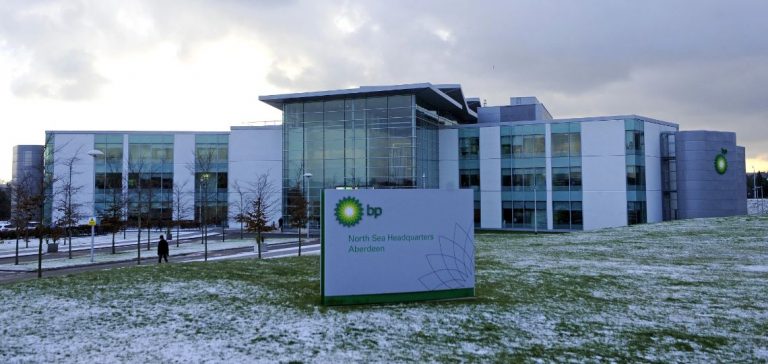The British oil giant BP warned on Friday that its oil sales and refining margins would be weaker in the third quarter than in the second, which will weigh on its results in the context of declining oil prices.
Refining margins will be “weaker” between July and September, between $400 and $600 million lower than the previous quarter, BP estimates in a statement before its results on October 29. Oil sales are also expected to be “weak” during the period, adds the group, which recalls that the average price of Brent crude was $80.34 per barrel for the quarter, nearly $5 less than the previous quarter.
Decline in Refining Margins and Oil Sales
While oil prices were pushed up in the last two weeks by renewed tensions in the Middle East, they are structurally constrained by weak demand from China, the largest crude importer, and forecasts of abundant production in 2025. BP’s stock on the London Stock Exchange fell by 0.55% to 408.60 pence on Friday around 08:50 GMT.
BP’s oil production, on the other hand, is expected to remain generally stable from one quarter to the next, where the group had previously anticipated a decline. However, this stability will not be enough to offset the weakness in refining margins and oil sales.
Impact on BP’s Debt and Profits
Furthermore, the company expects its debt to increase over the period, due to the impact of weaker refining margins but also because it has postponed recognizing a credit of approximately $1 billion related to sales in its accounts from the third quarter to the fourth quarter. BP’s profit fell by 79% year-on-year in the first half, already hampered by declining refining margins and asset impairments, to $2.1 billion.
Shell, BP’s competitor and compatriot, which will publish its results on October 31, also warned earlier in the week of a decline in its refining margins for the third quarter. This situation reflects a broader trend in the energy sector, where major oil companies are facing pressure on their refining margins, combined with global oil demand struggling to regain strength, particularly due to China’s economic slowdown. With projections of abundant production for 2025, short-term recovery prospects seem limited for BP and its competitors.






















